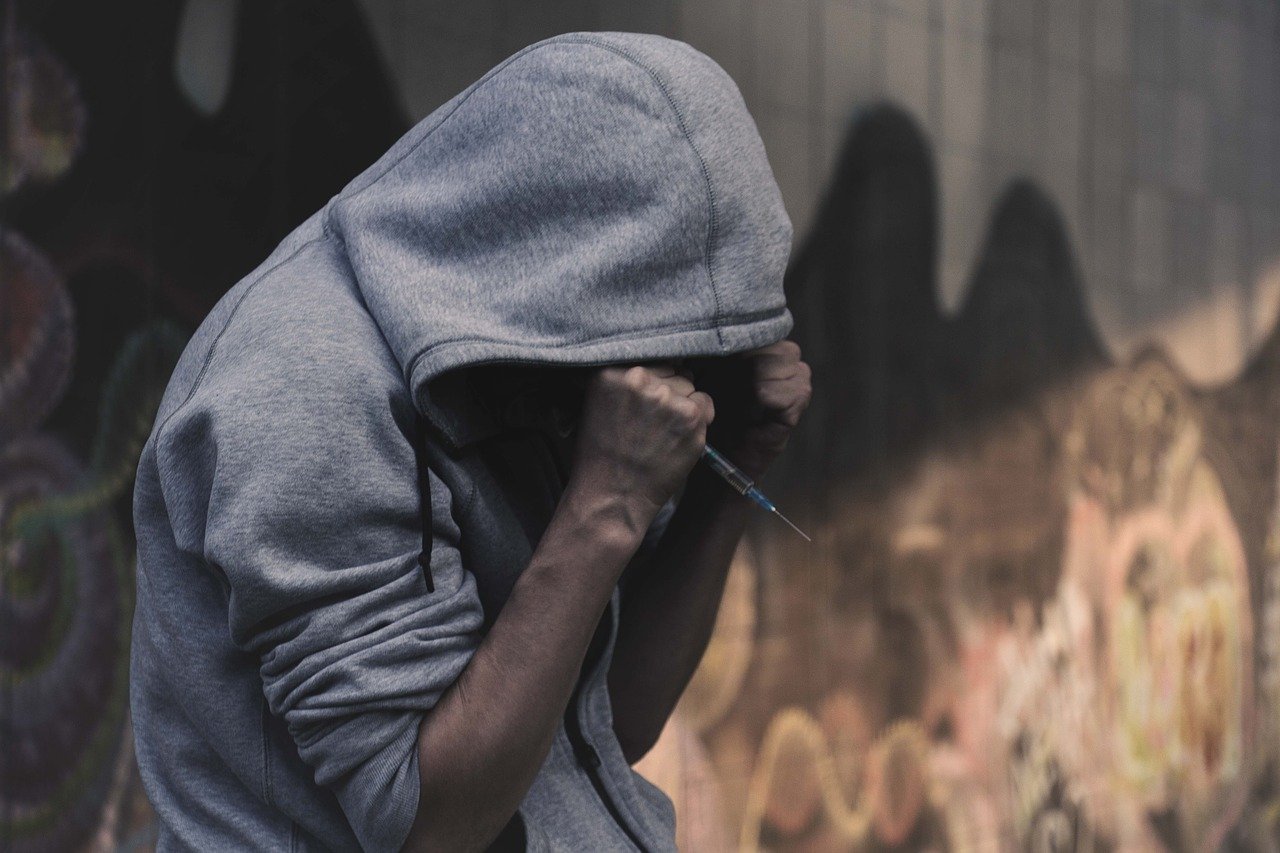
Annual drug overdose deaths in the US now exceed 100,000. Society's response to the pandemic probably added to this figure, which is sharply up from previous years. Yet overdoses were on the rise before covid. Many factors contribute to this. The biggest, in my opinion, is that decades of class warfare have turned the US into a dystopia for the vast majority of our population.
At the same time, criminal penalties for drug use make users' health issues into punishable offenses. Instead of harm reduction, many recovery programs focus only on abstinence and God, alienating their intended audience with unrealistic expectations and religious dogma.
When I got sober 15 years ago, I found AA to be incredibly helpful. At a time when I was first coming to terms with having a horrific, incurable headache disorder, AA meetings helped to keep me alive. But when I started using cannabis to manage my headache disorder, it totally alienated me from the AA community by violating this community's abstinence-only standards. In fact, I'd been harming myself by avoiding cannabis, even though this reduced the frequency and intensity of headache attacks. Yet some in AA acted like my medical use of cannabis was a bigger problem than my life-destroying brain disorder.
I still recommend AA to people trying to get clean, and the program does work in many cases. But neither AA nor NA has proven itself capable of reducing the number of overdose deaths in this country. These programs simply weren't designed to address the socioeconomic and political drivers of this epidemic. The first step towards doing this probably begins with decriminalization. According to The Guardian, when Portugal decriminalized drugs, here's what happened:
The opioid crisis soon stabilized, and the ensuing years saw dramatic drops in problematic drug use, HIV and hepatitis infection rates, overdose deaths, drug-related crime and incarceration rates. HIV infection plummeted from an all-time high in 2000 of 104.2 new cases per million to 4.2 cases per million in 2015.
These dramatic improvements didn't happen in a vacuum. Portugal's decriminalization was accompanied by increased cooperation between social service agencies and healthcare providers. It also involved a dramatic culture shift. One of the most important aspects of this was changing the public perception of drug users, humanizing rather than demonizing them.
100,000 overdose deaths is shocking. It's a clear indication that our whole approach to drug use is very wrong. Demonizing drug users doesn't help anyone. Abstinence-or-nothing recovery programs haven't reversed this troubling trend. Harm reduction is a strategy that our society is barely beginning to try. If we embrace this strategy, maybe fewer people will die from overdoses. Along these lines, New York City, where 2,000 people died of overdoses in 2020, is now opening a site for safe and supervised drug use. Hopefully this is the beginning of a better trend.
(Feature image from Pixabay.)
Read my novels:
- Psychic Avalanche is available in print via Blurb and for Kindle on Amazon.
- One Man Embassy is available in print via Blurb and for Kindle on Amazon.
- Flying Saucer Shenanigans is available in print via Blurb and for Kindle on Amazon.
- Rainbow Lullaby is available in print via Blurb and for Kindle on Amazon.
- The Ostermann Method is available in print via Blurb and for Kindle on Amazon.
- Blue Dragon Mississippi is available in print via Blurb and for Kindle on Amazon.
Check out the comic I wrote:
- Finney Vol 1 Immutable Journey is available as a free e-comic.
The rewards earned on this comment will go directly to the person sharing the post on Twitter as long as they are registered with @poshtoken. Sign up at https://hiveposh.com.